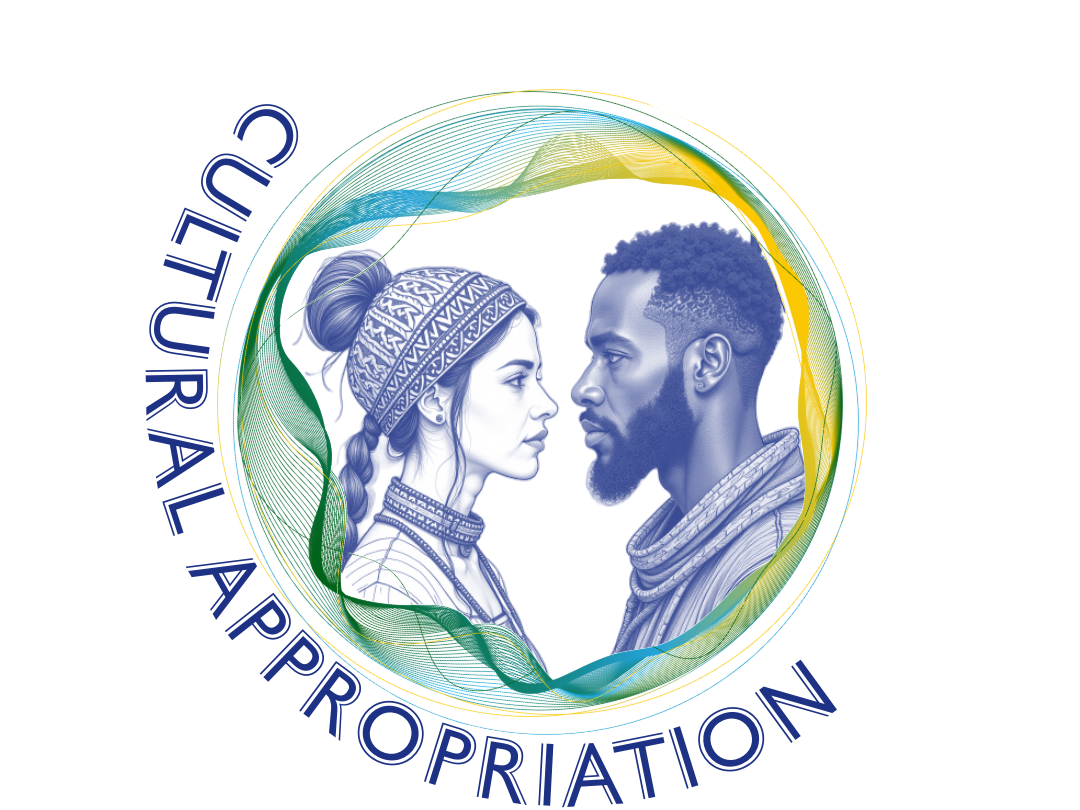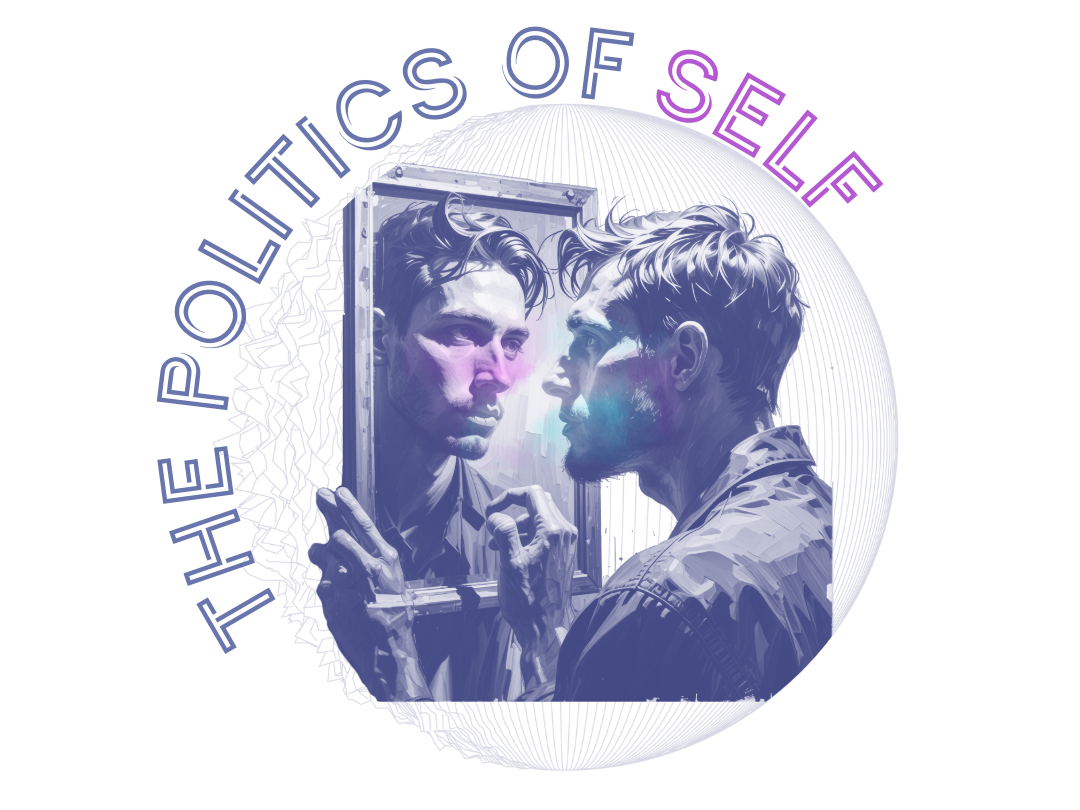How Technology, Society, and Ethics Shape the News We Trust
December 9, 2024
Are We Really Getting the Full Story?
When you read the news today, do you ever wonder how the stories you see evolved into the headlines filling your screen? What defines journalism, and who gets to decide what’s worth reporting? Journalism’s journey is a fascinating tale of innovation, public service, and ethical struggles, driven by groundbreaking technological advancements and shifting societal needs. As we navigate a digital world dominated by social media and 24/7 news cycles, understanding journalism’s evolution helps explain how we got here—and where we might be headed next.
How Technology Redefined News: Could You Imagine a World Without Headlines?
Imagine living in a time when the only way to hear the news was through word of mouth or handwritten manuscripts reserved for the wealthy elite. Before the printing press, that was reality. Then, Johannes Gutenberg’s invention in the 15th century changed everything, making printed news accessible to the public (Deutsche Tageszeitungen, 2023). Suddenly, ideas spread faster than ever, fueling revolutions like the Protestant Reformation and the American Revolution. Would these historical movements have gained the same momentum without the press?
Fast forward to the 19th century, when steam-powered printing presses and the telegraph revolutionized news delivery. A story that once took weeks to circulate could be shared in hours, giving birth to wire services like the Associated Press (Yellowbrick, 2023). Can you imagine waiting for daily telegram updates instead of instant social media alerts?
The 20th century saw the rise of radio and television, making news immediate, emotional, and visually compelling. Iconic broadcasts like the moon landing and the Vietnam War coverage connected audiences with world events in ways print never could (RAND Corporation, 2019). Did seeing war footage on TV shape how Americans understood the conflict?
Today, the internet and smartphones have made journalism borderless and instantaneous. With platforms like Twitter and YouTube, anyone can become a reporter. But does that make the information more trustworthy—or less?
When Society Demands Change, Can Journalism Keep Up?
Journalism doesn’t just reflect society—it drives it. Consider how the Enlightenment’s emphasis on reason and public debate birthed early newspapers catering to a literate, educated audience (Deutsche Tageszeitungen, 2023). By the 19th century, industrialization expanded news access through the “penny press,” making information affordable to working-class readers. Would democratic movements like labor rights and women’s suffrage have succeeded without this mass communication?
Journalism's power to spark change was perhaps most evident during the U.S. Civil Rights Movement. Television news and photojournalism exposed the brutal reality of racial segregation, igniting international outrage (Yellowbrick, 2023). Imagine how different history might be if those images never reached the public.
Even war reporting reshaped global awareness. During World War II, radio broadcasts from the front lines kept citizens informed—and motivated. Later, uncensored Vietnam War coverage turned public opinion against the conflict (RAND Corporation, 2019). Does media transparency strengthen democracy—or fuel division?
Can Journalism Survive Without Money—and Integrity?
Behind every front-page story is an economic engine. Newspapers in the 19th century relied on advertising revenue, launching an era of sensationalist “yellow journalism.” With profits tied to readership, dramatic stories often overshadowed fact-based reporting (Yellowbrick, 2023). Have you ever questioned whether today’s clickbait headlines are modern versions of yellow journalism?
The rise of corporate-owned media conglomerates in the 20th century fueled concerns about press freedom and editorial independence. Meanwhile, cable networks like CNN pioneered 24-hour news coverage, making “breaking news” a constant, competitive race (RAND Corporation, 2019). Does this pressure to report first compromise accuracy?
The digital age disrupted journalism’s entire business model. Advertising dollars shifted from newspapers to tech giants like Google and Facebook, forcing media outlets to rely on paywalls, subscriptions, and even crowdfunding (Kreth, 2024). Have you noticed how often you're prompted to “subscribe” or “donate” when reading the news online?
What Happens When Ethics Collide with Reality?
Journalism’s greatest strength—holding power accountable—is also its greatest ethical challenge. In the late 19th century, journalists like Ida B. Wells exposed social injustices, redefining the press as a tool for reform (Yellowbrick, 2023). How do investigative stories today, like those uncovering corruption or environmental crises, continue that legacy?
However, journalism’s commitment to objectivity has often clashed with profit-driven pressures. The rise of 20th-century investigative reporting, from Watergate to whistleblower leaks, strengthened democracy but also deepened mistrust in institutions (RAND Corporation, 2019). Can a reporter truly remain impartial while fighting for justice?
In the digital era, where opinions blend with facts, the line between journalist and influencer is increasingly blurred. Social media platforms reward sensational content, making objectivity harder to maintain. How often do you question whether a story is fact or opinion when scrolling through your feed?
Looking Ahead: The Rise of Citizen Journalism—Who Tells the Story Now?
In today’s world, anyone with a smartphone can be a journalist. Social media platforms like Twitter, Instagram, and YouTube have enabled ordinary people to document events, report breaking news, and share their perspectives with global audiences in real time. This phenomenon, known as citizen journalism, has revolutionized how we consume and trust information. But does more access equal better journalism—or just more noise?
The rise of citizen journalism emerged from a growing dissatisfaction with traditional media’s perceived biases, slow response times, and lack of diverse representation (Davenport, 2024). During major events like protests, natural disasters, and political crises, citizen reporters have often been the first on the scene, capturing raw footage and personal accounts that mainstream outlets later amplify. Think about viral moments like the Arab Spring uprisings, where citizen-journalist videos sparked international awareness and action. Would the world have paid attention without those first-hand reports?
However, this new media era comes with challenges. Without formal training or accountability, some citizen journalists may spread misinformation, conspiracy theories, or politically motivated content. Social media algorithms often reward sensational or polarizing stories, making it difficult to separate fact from fiction (Kreth, 2024). Have you ever shared a “breaking news” post, only to later find out it wasn’t true?
Traditional media outlets have adapted by partnering with citizen journalists, verifying their content, and integrating user-generated reports into their coverage. In doing so, they’ve expanded the definition of journalism itself. But where does that leave professional journalists trained in fact-checking, ethics, and investigative reporting?
As citizen journalism continues to rise, the lines between reporter and witness, fact and opinion, and professional and amateur blur further. In this new media landscape, the power to inform—and misinform—is in everyone’s hands. The future of journalism may depend on how we, as consumers, choose to engage with, question, and verify the stories we encounter.
So, next time you scroll through your social media feed, ask yourself: Who’s telling this story—and why does it matter?
References:
Bulgarian National Television. (2024). What Would Neri Say? [Documentary Film].
Deutsche Tageszeitungen. (2023). Die Geschichte des Journalismus. Retrieved from Deutsche Tageszeitungen.
Kreth, M. (2024). The Evolution of Journalism: How Technology Revolutionized Writing. Medium.
RAND Corporation. (2019). U.S. Journalism Has Become More Subjective. Retrieved from RAND.
Yellowbrick. (2023). From Gutenberg to Google: A Dive into Journalism's History. Retrieved from Yellowbrick.




